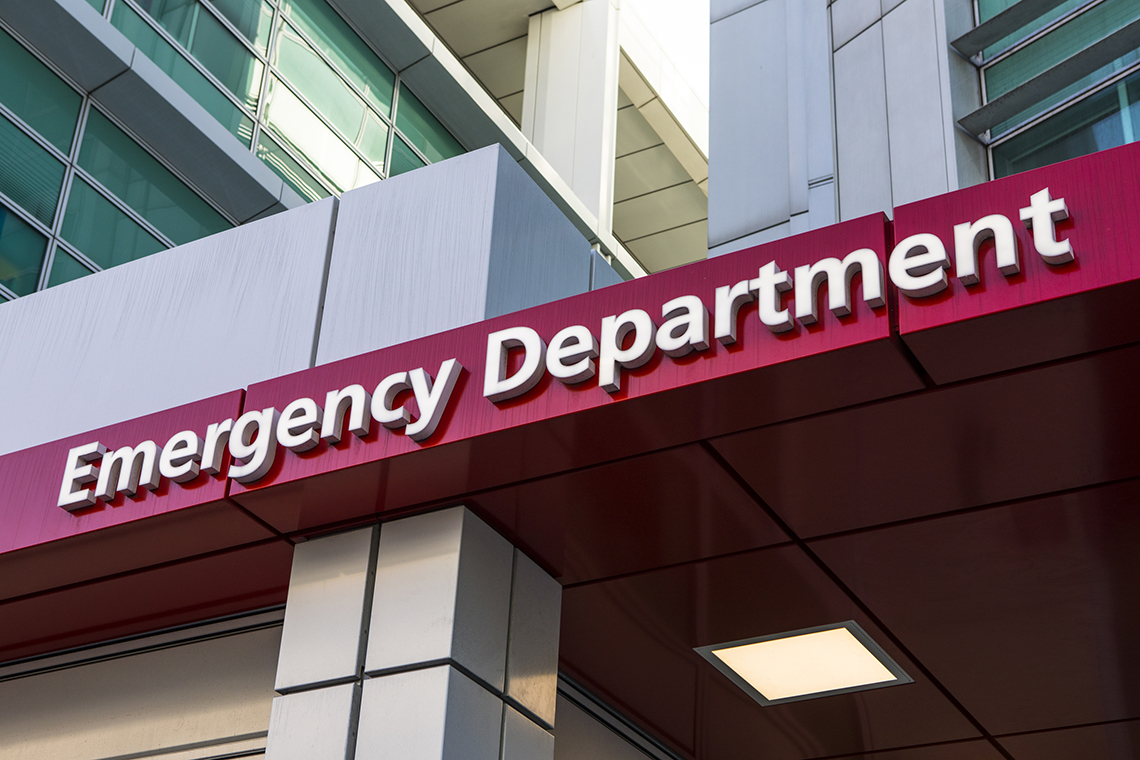New Year's celebrations, while joyous, bring an alarming surge in hospital admissions. According to the National Institute on Alcohol Abuse and Alcoholism, alcohol-related emergency room visits increase by 25% on New Year's Eve compared to any other holiday. This surge highlights the various risks associated with this festive time, including alcohol misuse, trauma, and health emergencies.
Understanding the primary reasons behind these admissions is critical for nurses, who are vital in providing timely care.
Alcohol-Related Emergencies
Alcohol-related emergencies are one of the most prevalent reasons for hospital visits during New Year's celebrations. Excessive drinking can lead to a variety of complications, including alcohol poisoning, injuries from accidents, and worsening of chronic health conditions. Excessive alcohol intake can lead to a range of medical emergencies, including:
Alcohol Poisoning: Excessive alcohol consumption often leads to poisoning, a frequent cause of emergency admissions. Patients may present with confusion, vomiting, seizures, slow breathing, or hypothermia. Risk factors include binge drinking and a low tolerance to alcohol.
Alcohol-Related Injuries: Alcohol impairs judgment and coordination, increasing the risk of falls, motor vehicle accidents, and physical altercations. Common injuries include fractures, lacerations, and head trauma, often requiring prompt surgical or orthopedic interventions.
Alcohol-Induced Medical Conditions: Heavy drinking exacerbates chronic conditions like diabetes and heart disease and may precipitate acute conditions such as pancreatitis or gastritis. Alcohol-induced arrhythmias, particularly atrial fibrillation, are also common.
Drug-Related Emergencies
Substance abuse is another major factor contributing to hospitalizations on New Year's Eve. Overdose and adverse drug reactions are common occurrences, particularly with opioids, cocaine, and other illicit drugs.
Substance overdoses, particularly involving opioids, cocaine, or mixed substances, spike during New Year's celebrations. Symptoms include respiratory depression, altered consciousness, and cardiovascular instability.
Combining recreational drugs with alcohol or prescribed medications can lead to severe adverse reactions. Patients may present with agitation, seizures, or arrhythmias.
Trauma and Injury
Trauma and injury are the most common reasons for emergency hospital visits during New Year's celebrations. The combination of alcohol consumption, crowded events, and hazardous conditions like icy weather creates a perfect storm for accidents and physical harm. Here are some common causes of injury that lead people to the hospital:
Falls: Intoxication can impair balance and coordination, leading to falls and subsequent injuries. Icy conditions and alcohol impairment contribute significantly to falls, resulting in fractures, sprains, or head injuries.
Fireworks Injuries: Fireworks-related injuries, such as burns and eye injuries, are common during New Year's celebrations.
Motor Vehicle Accidents: Impaired driving is a leading cause of traffic accidents, resulting in serious injuries and fatalities: drunk driving, distracted driving, and speeding peak during New Year's festivities.
Assaults and Violence: Alcohol-fueled aggression can lead to physical altercations and violence. New Year's celebrations sometimes escalate into violence, leading to injuries from bar fights or domestic disputes. Patients may require treatment for blunt trauma, stab wounds, or psychological support.
Mental Health Crises
The stress and anxiety associated with the holiday season, combined with substance abuse, can exacerbate mental health conditions and trigger acute psychiatric crises. Substance-induced psychosis, suicidal ideation, and panic attacks are common presentations during this time.
- Substance-induced psychosis is caused by a heavy use of alcohol or drugs, which can lead to hallucinations or delusions, necessitating immediate stabilization.
- Suicidal ideation and attempts increase with the holiday season. They can heighten feelings of isolation and despair, leading to self-harm or suicide attempts.
- Anxiety and panic attacks caused by crowded events, excessive stimulation, or personal stressors can trigger acute anxiety or panic attacks.
Health and Wellness Emergencies
Health and wellness emergencies are a significant concern during New Year's celebrations, as indulgent behaviors and environmental factors can strain the body. Cold weather, increased stress, and exposure to large gatherings contribute to a rise in conditions such as cardiac events, respiratory issues, and hypothermia.
Holiday Heart Syndrome: Overindulgence in alcohol and stress can trigger arrhythmias, particularly atrial fibrillation. Patients may present with palpitations, dizziness, or chest discomfort.
Hypothermia and Frostbite: Outdoor celebrations in cold weather put individuals at risk for hypothermia and frostbite. Symptoms of hypothermia include confusion, slurred speech, and shivering, while frostbite may involve numbness or discoloration of extremities.
Respiratory Emergencies: Fireworks, smoke, and cold air exacerbate asthma and COPD, leading to respiratory distress. Viral infections like influenza and COVID-19 also increase during large gatherings.
Carbon Monoxide Poisoning: Improper use of heating devices in cold weather can cause carbon monoxide poisoning. Symptoms include headache, nausea, and confusion.
Foodborne Illness: Improper food handling during holiday parties leads to gastrointestinal symptoms like nausea, vomiting, and diarrhea.
Conclusion
Understanding why people end up in the hospital on New Year's can help healthcare providers better prepare for the unique challenges that arise during this time. It's essential to promote public health awareness campaigns that educate individuals about the dangers of excessive alcohol consumption, substance abuse, and risky behaviors. By taking preventive measures and seeking medical attention promptly, individuals can enjoy the festivities safely and avoid unnecessary hospitalizations.
About the Author:
Breann Kakacek, BSN, RN, has been a registered nurse since 2015 and a CNA prior to that for two years while going through the nursing program. Most of her nursing years included working in the medical ICU, cardiovascular ICU, and the OR as a circulating nurse. She has always had a passion for writing and enjoys using her nursing knowledge to create unique online content. You can learn more about her writing career and services at ghostnursewriter.com
Breann is an independent contributor to CEUfast's Nursing Blog Program. Please note that the views, thoughts, and opinions expressed in this blog post are solely of the independent contributor and do not necessarily represent those of CEUfast. This blog post is not medical advice. Always consult with your personal healthcare provider for any health-related questions or concerns.
If you want to learn more about CEUfasts Nursing Blog Program or would like to submit a blog post for consideration, please visit https://ceufast.com/blog/submissions.




